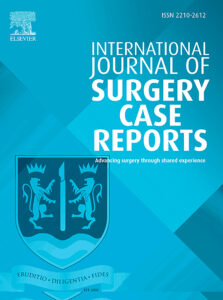Introduction: Unemployment has a contributory role in the development of mental health problems and in Bangladesh there is increasing unemployment, particularly among youth. Consequently, the present study investigated depression, anxiety, and stress among recent graduates in a multi-city study across the country.
Methods: A cross-sectional study was conducted among 988 Bangladeshi graduate jobseekers in six major cities of the country between August to November 2019. The measures included socio-demographics and life-style factors, study and job-related information, Economic Hardship Questionnaire, Financial Threat Scale, Financial Well-Being Scale, and Depression Anxiety Stress Scale-21.
Results: Depression, anxiety and stress rates among the present sample were 81.1% (n = 801), 61.5% (n = 608) and 64.8% (n = 640) respectively. Factors related to gender, age, socioeconomic conditions, educational background, lack of extra-curricular activities, and high screen activity were significant risk factors of depression, anxiety, and stress. Structural equation modeling indicated that (while controlling for age, daily time spent on sleep study, and social media use), financial threat was moderately positively related to depression, anxiety, and stress. Financial hardship was weakly positively associated with depression, anxiety, and stress, whereas financial wellbeing was weakly negatively associated with depression, anxiety, and stress.
Conclusions: The present results emphasized the important detrimental role of financial troubles on young people’s mental health by showing that financial problems among unemployed youth predict elevated psychiatric distress in both men and women.
https://doi.org/10.1016/j.jad.2020.06.075











